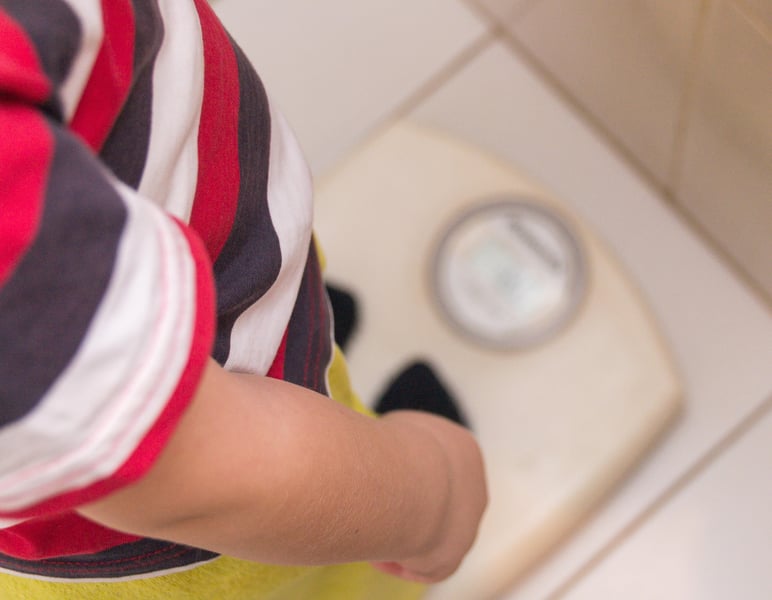Get Healthy!

- Cara Murez
- Posted August 11, 2023
Obesity a Key Factor When Kids Develop Sleep Apnea
Childhood obesity is concerning for many reasons, among them that the severity of the sleep disorder known as obstructive sleep apnea (OSA) grows with obesity levels and age.
A new study looked at the role of obesity in children's OSA. It adds to a growing awareness of the part obesity plays in the condition and its related effects on thinking and memory, impaired academic performance and behavior problems, excessive daytime sleepiness and long-term heart health.
"OSA is typically considered a condition that affects adults. But with growing rates of childhood obesity, we are seeing increasing numbers of pediatric patients with OSA,"said Dr. Romaine Johnson, a pediatric otolaryngologist at UT Southwestern Children's Health in Dallas.
"Our study suggests that higher levels of obesity and advancing age are key contributors to this issue and that efforts to address childhood obesity can have a positive impact in improving sleep quality and reducing the adverse effects of OSA and residual OSA,"Johnson said in a UT Southwestern news release.
OSA involves upper airway obstruction that disrupts breathing and sleep.
An overnight study called polysomnography that records brain waves, blood oxygen levels, and heart and breathing rates is used to diagnose OSA.
Traditional treatment for children is surgical removal of the adenoids and tonsils. However, some kids continue to have OSA after surgery, the study authors noted.
In this study, the researchers were initially working to better understand the relationship between economic status and pediatric OSA by studying the medical records of 249 children aged 18 years or younger. These kids had undergone a polysomnogram and removal of tonsils and adenoids.
While the investigators determined that factors such as education, poverty, employment and other social determinants of health did not predict the severity of OSA or post-surgery symptoms, they did find a link between severe OSA and obesity, and that adolescents were most often affected.
Johnson would like to further examine links between social and economic status and OSA.
"Understanding how socioeconomic status intersects with pediatric OSA is crucial, as social disadvantages can further affect the consequences of poor sleep quality,"Johnson said. "Children who experience both may be at a higher risk and require targeted interventions."
The findings were recently published in Laryngoscope Investigative Otolaryngology.
More information
The Sleep Foundation has more on obstructive sleep apnea.
SOURCE: UT Southwestern Medical Center, news release, Aug. 9, 2023







